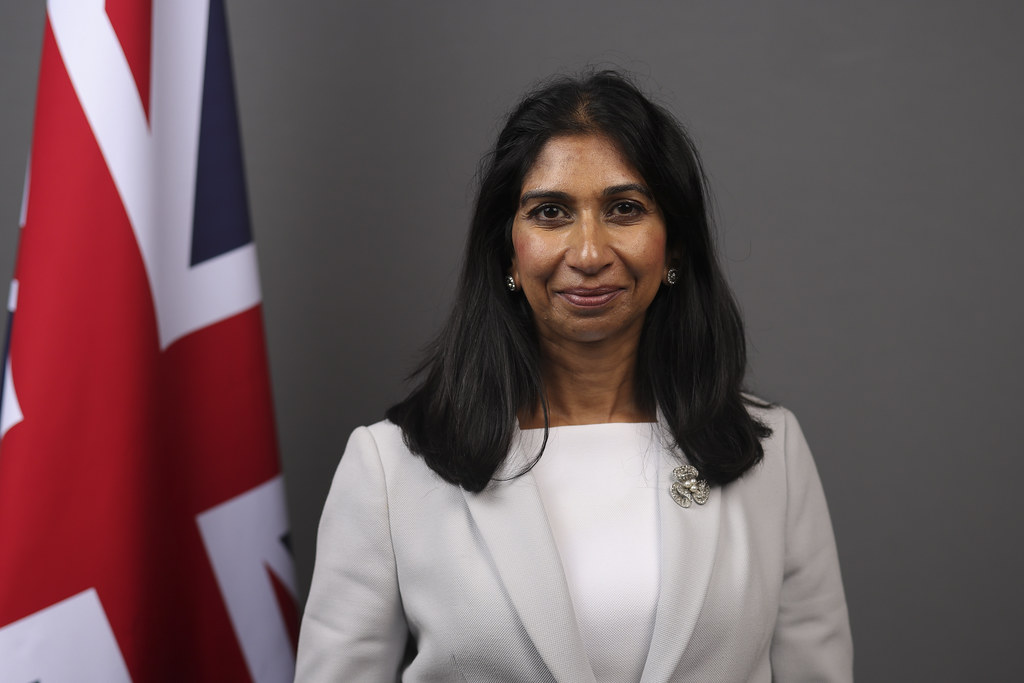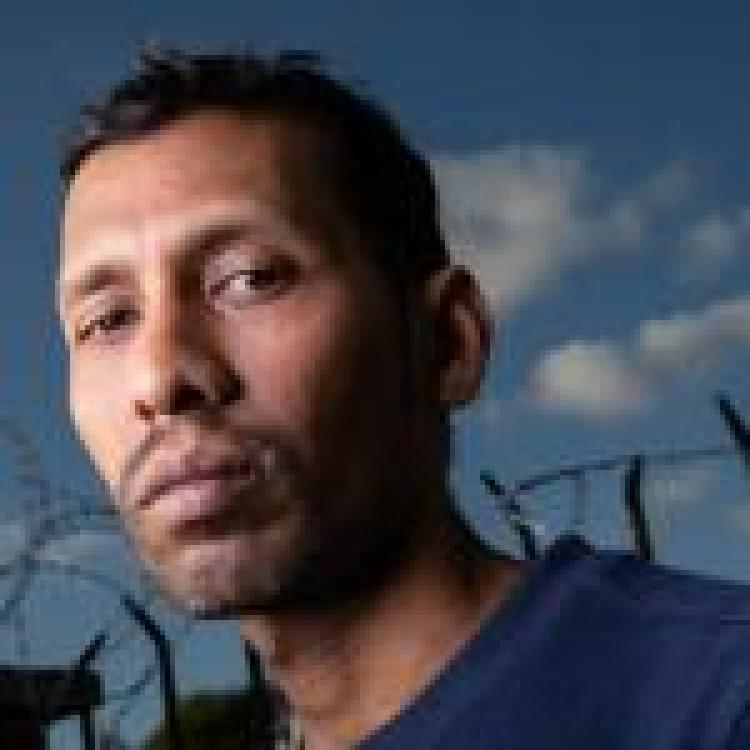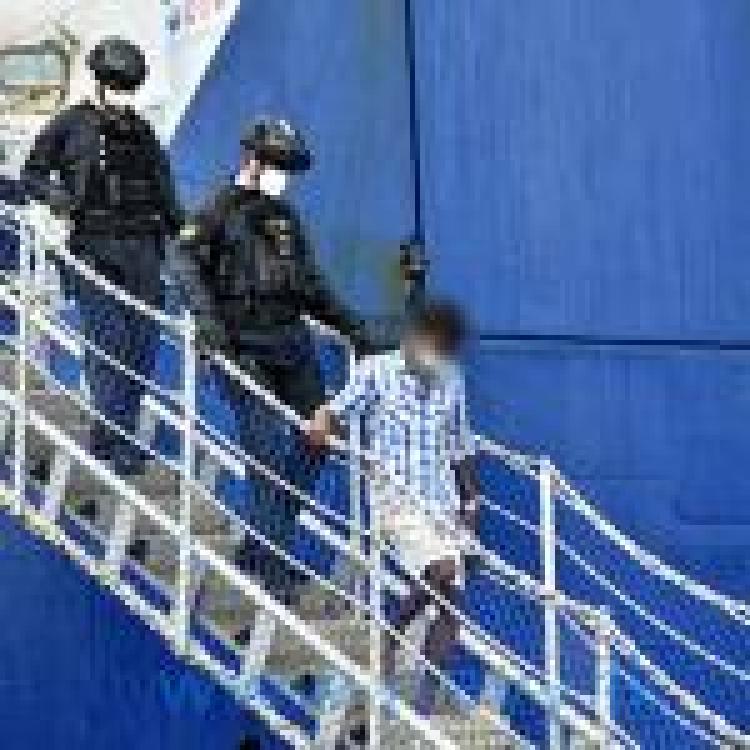.jpg)
Responding to a question raised by the Chair of the International Development Committee, Sarah Champion, on the travel options afforded to migrants accompanied on Diego Garcia, British Minister of State, Jesse Norman, asserted that they were “not in detention and are free to leave at any time”.
“The UK government has thus far assisted the voluntary return of over sixty migrants by plane to Sri Lanka. The UK government remains committed to supporting the departure of the migrants from British Indian Ocean Territory, and to meeting its legal obligations to ensure that they are not at risk of persecution on return to their country of nationality,” Norman claimed.

Reporting by the New Humanitarian reveals that over 100 Eelam Tamils are stranded on Diego Garcia, a British island in the Indian Ocean, seeking asylum from persecution in Sri Lanka. The first arrivals came on 3 October 2021 when British forces rescued a fishing boat carrying 89 Tamil, including 20 children, that had set sail from India. Two additional boats that sailed from Sri Lanka arrived in Diego Garcia on 10 April and 21 June this year, bringing the total number of asylum seekers up to 173.
Whilst the UK is a party to the 1951 Refugee Convention, which guarantees that those entering British borders are able to apply for asylum; the Diageo Garcia is unique in being one of the only places under British sovereignty where the convention does not apply.
Commenting on the screening process, Tessa Gregory, a lawyer at the London law firm Leigh Day, which represents 81 of asylum seekers, noted that the process can not be appealed.
“[British authorities] are not applying the Refugee Convention, and nobody will be confirmed as having refugee status at the end of the process,” she told The New Humanitarian.
“Our view is that our clients ought to be urgently relocated to a safe third country, like the UK, as the conditions on Diego Garcia are intolerable”, she maintained.
In May 2021, the UK Home Office lost a legal case against Tamil refugees with a British Tribunal finding that Tamils who engage in a range of political activities in the United Kingdom may continue to face “a real risk of ill-treatment or harm” if deported to Sri Lanka.
A dream to deport

Norman’s claim follows growing international concern over the draconian immigration policies adopted by the British Conservative government. In April, then Prime Minister Boris Johnson deployed the Royal Navy to intercept boats making the Channel crossing, and announced a widely condemned partnership with the Rwanda government, which would see asylum claims processed and considered for resettlement in Rwanda.
The government’s Nationality and Borders act would also act to strip asylum seekers who entered the UK, through an unapproved method, of the right to seek asylum. Under the stewardship of Britain’s new Prime Minister, Liz Truss, the government has doubled down on these policies.
The new Home Secretary, Suella Braverman, announced at the Tory party conference her dream of a successful Rwanda deportation flight.
“I would love to have a front page of the Telegraph with a plane taking off to Rwanda […] That’s my dream, it’s my obsession”.
The government is being challenged on the legality of this policy in the High Court following concerns raised by the UN.
The plight of Tamil asylum seekers
The New Humanitarian documents how on at least two occasions, the London-based governing authorities of the BIOT have prevented the asylum seekers from contacting their families for weeks at a time.
“This situation caused understandable distress to the individuals and their families, who naturally feared that they had died at sea,” the law firm Leigh Day said in a letter addressed to the UK government in April and shared with The New Humanitarian.
In response, dozens of Tamil asylum seekers responded by staging a hunger strike in May, which eventually led them to being granted unlimited access to three landlines.
The New Humanitarian also notes how those who returned to Sri Lanka were soon arrested by local authorities for leaving the country without a passport. The wife of a Tamil asylum seeker who was arrested explained that the law has been used as a pretext to harass Tamils.



